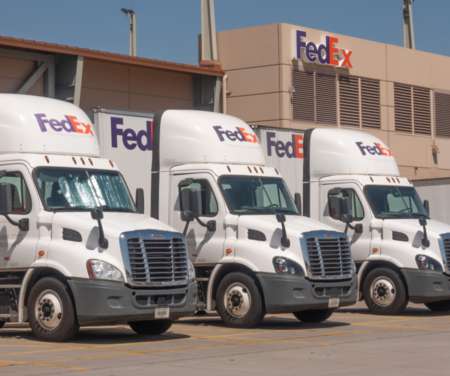PepsiCo’s Massive, Complex, and Difficult Greenhouse Gas Initiative
Logistics Viewpoints
NOVEMBER 21, 2022
PepsiCo is a very big company, the second largest food and beverage company in the world. PepsiCo generated $79 billion in net revenue in 2021, with 23 food and beverage brands that generate more than $1 billion each in retail sales. Because of the food giant’s size, their sustainability strategy also is very broad.
















Let's personalize your content